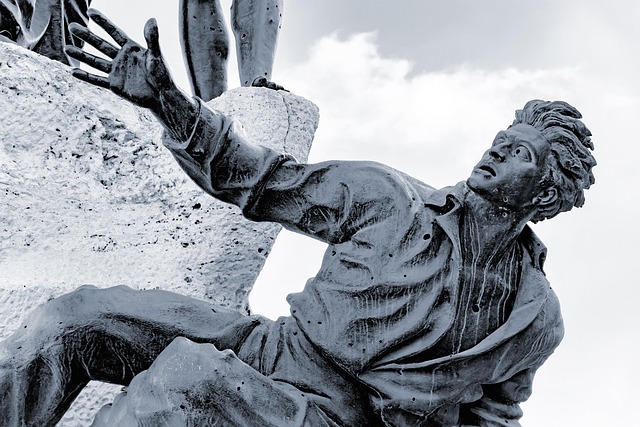In a world where differences often ignite conflict, the quest for equity in religious morality emerges as a beacon of hope. Religion has long been a source of guidance, community, and moral framework for billions. Yet, the interpretation of equity within religious teachings can vary dramatically, creating a tapestry rich in diversity yet fraught with challenges. Understanding how different faith traditions approach the idea of equity can deepen our empathy and broadening our perspective on justice and morality.
The core tenets of many religious teachings prominently feature themes of fairness and justice, urging adherents to treat one another with respect and dignity. In Christianity, the parable of the Good Samaritan emphasizes love for one’s neighbor, advocating for a moral obligation to support those in need—irrespective of societal norms about class or ethnicity. Similarly, in Islam, the concept of zakat or almsgiving encourages believers to contribute to the welfare of the less fortunate, reinforcing the value of equity in communal support. These moral imperatives highlight not just individual piety, but collective responsibility towards ensuring equity.
Yet, interpretations of these teachings can diverge. For example, some may focus on the spiritual blessings of charity without fully addressing systemic inequalities that perpetuate suffering. This raises the question of how can followers bring the essence of equity into their everyday lives? The answer lies in balancing tradition with contemporary moral dilemmas. By re-examining sacred texts through the lens of today’s societal structures, religious communities can cultivate a more inclusive approach to equity.
Beyond the walls of individual faith communities, interfaith dialogues provide an invaluable platform for sharing insights on equity and morality. Different religions offer unique perspectives on justice and equitable treatment, and a willingness to listen can lead to enriched understanding and collaborations on social issues. When diverse groups unite, they can tackle larger systemic concerns, such as poverty, discrimination, and environmental degradation—issues that transcend individual faiths but resonate with the core values held by them.
Furthermore, fostering equity in religious morality isn’t merely a task for leaders; it’s a collective endeavor that can start on an individual level. Practicing kindness, advocating for social change, and mentoring younger generations about equitable values are ways individuals can embody these principles daily. By embracing spiritual equity, we affirm the dignity of all individuals and work towards a society where justice is not just a concept but a living reality.
As we navigate through the complexities of modern existence, exploring equity in religious morality urges us to harness our collective faith to address the pressing challenges of our time. Each of us holds the potential to foster harmony and justice both within our spiritual communities and in the broader world. By striving to understand and embrace the equity inherent in our respective beliefs, we can contribute to a sacred balance that uplifts humanity.




